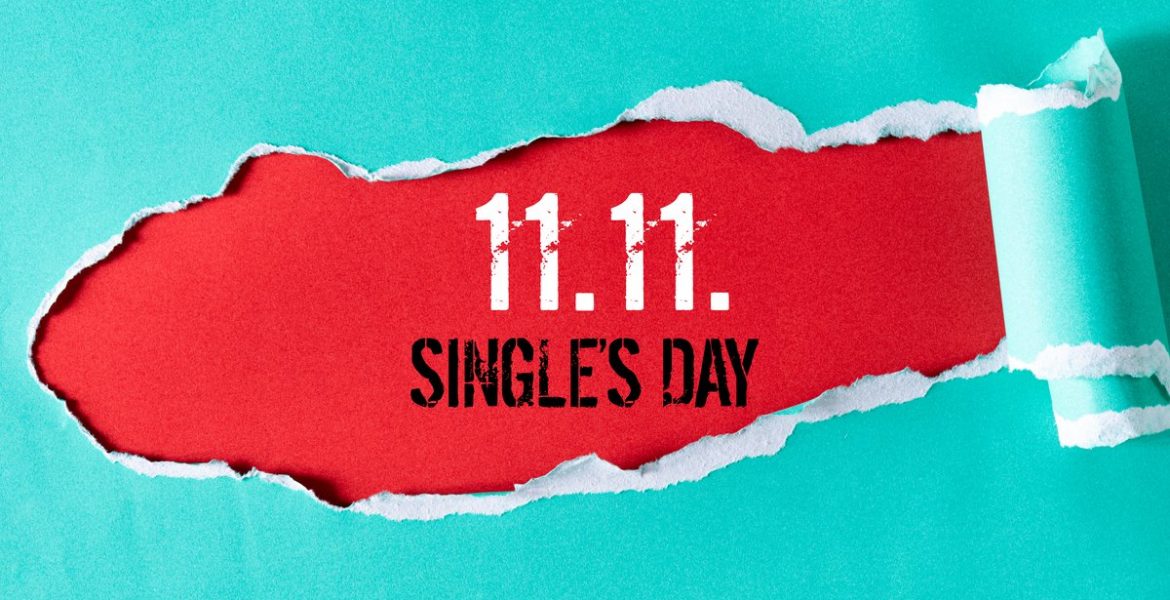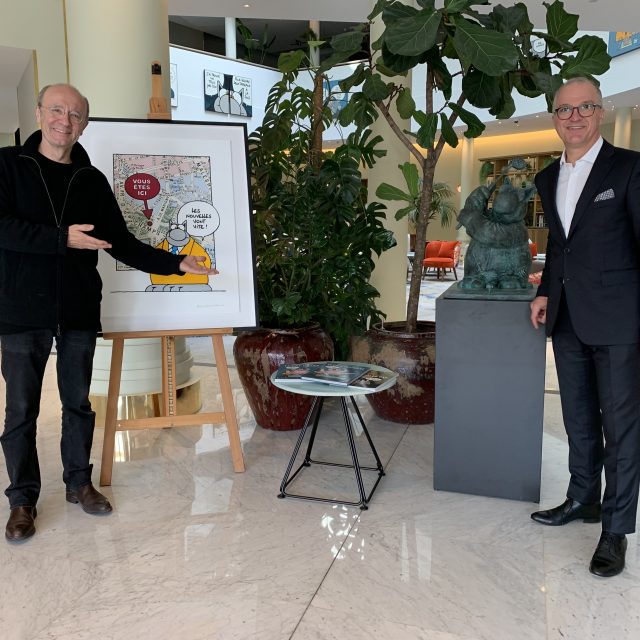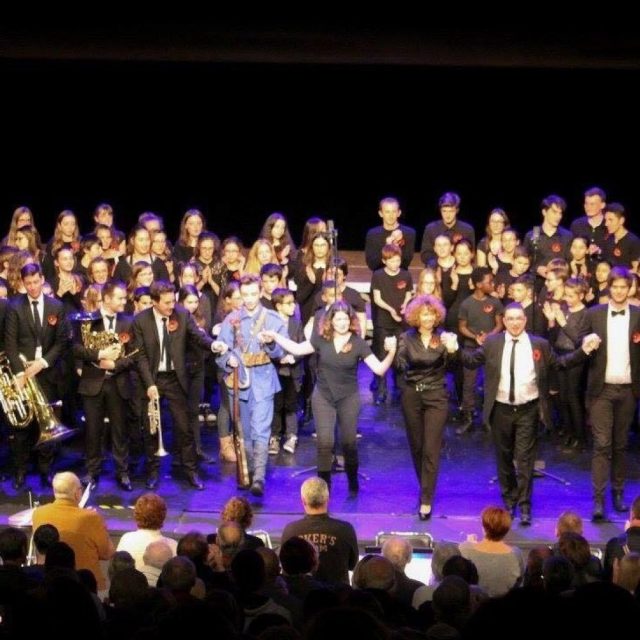Today, 35% of Belgian households consist of one person. In large cities such as Brussels, half of all households are already single-person households. All population projections point to a further increase in this group in the coming decades. So let’s be silly for once. Let’s turn the world upside down and take single people – and not couples – as our point of reference, writes Carla Dejonghe.
This means that people wouldn’t be “married,” but simply “non-single.“ This also means that, when travelling, they would have to pay an extra fee for booking a double room. That they’d have to work extra hours because, as non-single employees, they should give their single colleagues more time to visit their friends. That larger food packages would be more expensive. That the inheritance tax would be higher since they are non-single. That they would have a harder time renting an apartment as dual earners. That they would be stigmatised and that libraries would be full of books like “He’s from Mars, I’m from Venus. Why on earth are we still married?” or that every TV channel would advertise divorce agencies in order to push people into a single status. That single people would set appointments or dinners according to their schedules and that, at family parties, non-singles would have to sit at the kids’ table and watch the kids.
These examples make no sense… If it weren’t for the fact that single people experience this on a daily basis. They are stereotyped. Professor Bella DePaulo, a psychologist who has published extensively on the topic of singletons, coined a term for their stigmatisation, whether they be dedicated bachelors, divorcees or widows and widowers. She called it “singlism.” It often manifests itself in small everyday things, such as setting dates (the couple chooses the date), selecting the menu at a restaurant (the couple orders), buying a round of drinks as a couple (the single person is financially duped), etc. It is a much more invisible type of discrimination because there are no restaurants “for married people only” or “for couples only.” Even in swingers clubs, you can enter as a single person. ☺ In politics and in religion, the difference is still palpable. Laws are too often based on the classic male-female pattern.
Yet, being single is an act of bravery. It offers less security, your life is not mapped out, you have to manage everything on your own and make your own choices.
Why do all romantic movies end with marriage? Just before “The end” appears and the credits start rolling, the protagonists fall into each other’s arms. As a single person, you supposedly miss the “most beautiful day of your life.” And why are all (older) single women “crazy cat ladies?” My friends and family all know what is “wrong” with me, because everyone has their own biased opinion about it. I’m afraid of commitment… and that’s only one of the least questionable things that are said about me.
We can look at things from a different perspective. Think of “O Solitude“, the hymn written by the English composer Henry Purcell about the independent individual who enjoys his/her freedom and determines his/her own agenda. Let’s make singles great again!
The authoress, Carla Dejonghe, is the president of all1, an advocacy group for single people.




